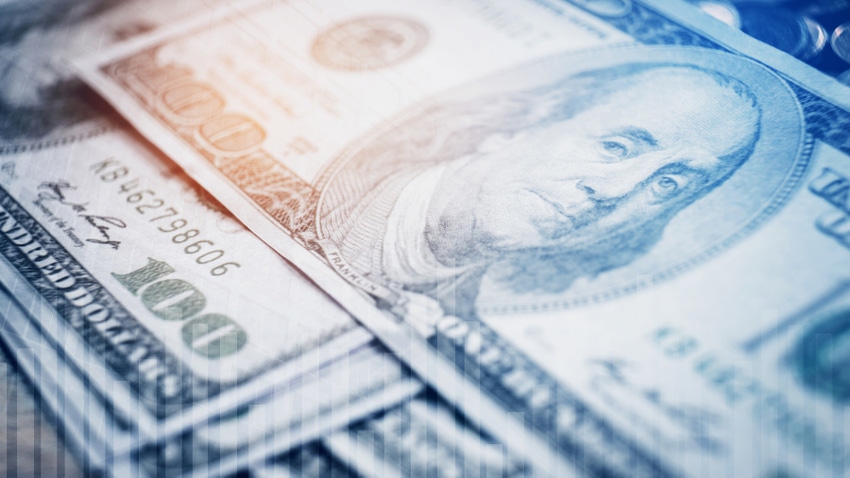
At a Glance
- Rates increased to highest level since 2001 at 5.25 to 5.5%
- Increase affects other rates that impact what consumers earn or pay in interest
- Rate hikes also mean higher interest earned on savings
The recent Federal Reserve federal funds target rate hike will affect interest rates for consumers, making it an expensive time to borrow or make large purchases.
The Fed raised the federal funds target rate by 0.25% to a range of 5.25 to 5.5%, its highest level since 2001. The federal funds target rate is the rate financial institutions pay each other when borrowing money overnight.
Laura Hendrix, interim associate department head of Family and Consumer Sciences for the University of Arkansas System Division of Agriculture, said the Fed functions to promote effective operation of the U.S. economy. The Fed may raise or lower the federal funds target rate to help maintain a stable economy.
“The Fed may raise interest rates to slow economic activity,” Hendrix said. “When rates are higher, it is more expensive to borrow, so consumers and businesses are less likely to make large purchases. A rate hike usually means higher interest paid to borrow money and higher interest earned on savings. Consumers who are in the market for a house or a car will see higher costs for borrowing money.”
Loan shopping
Hendrix said that regardless of the current interest rate, it’s important to shop around for a loan.
Look for the best terms and rates. “Consumers who have higher credit scores qualify for better interest rates,” Hendrix said. “Look for ways to improve your credit score and clean up your credit report.”
Consider the type of loan. Hendrix said fixed-rate loans for shorter periods of time usually have the lowest interest rates. “Consumers may see a slight increase in interest earned on savings accounts and Certificates of Deposit, so now may be a good time to take advantage of those,” she said.
Save money
Pay additional funds to the principal of a loan. This is another way to save money on interest. Hendrix said keeping credit card balances low in comparison to spending limits also helps to avoid additional interest and helps to increase one’s credit score.
The Fed’s increase of the federal funds target rate could impact consumers’ budgets, but Hendrix said this depends on an individual’s situation and financial goals.
“One benefit of careful planning and financial management is that it prepares consumers to make the most of economic upswings and to weather the downturns,” Hendrix said. “Consumers who were already overextended will be more stressed by increases in consumer goods. One option is to look for ways to save on everyday expenses, such as groceries.”
Source: University of Arkansas System Division of Agriculture
About the Author(s)
You May Also Like




